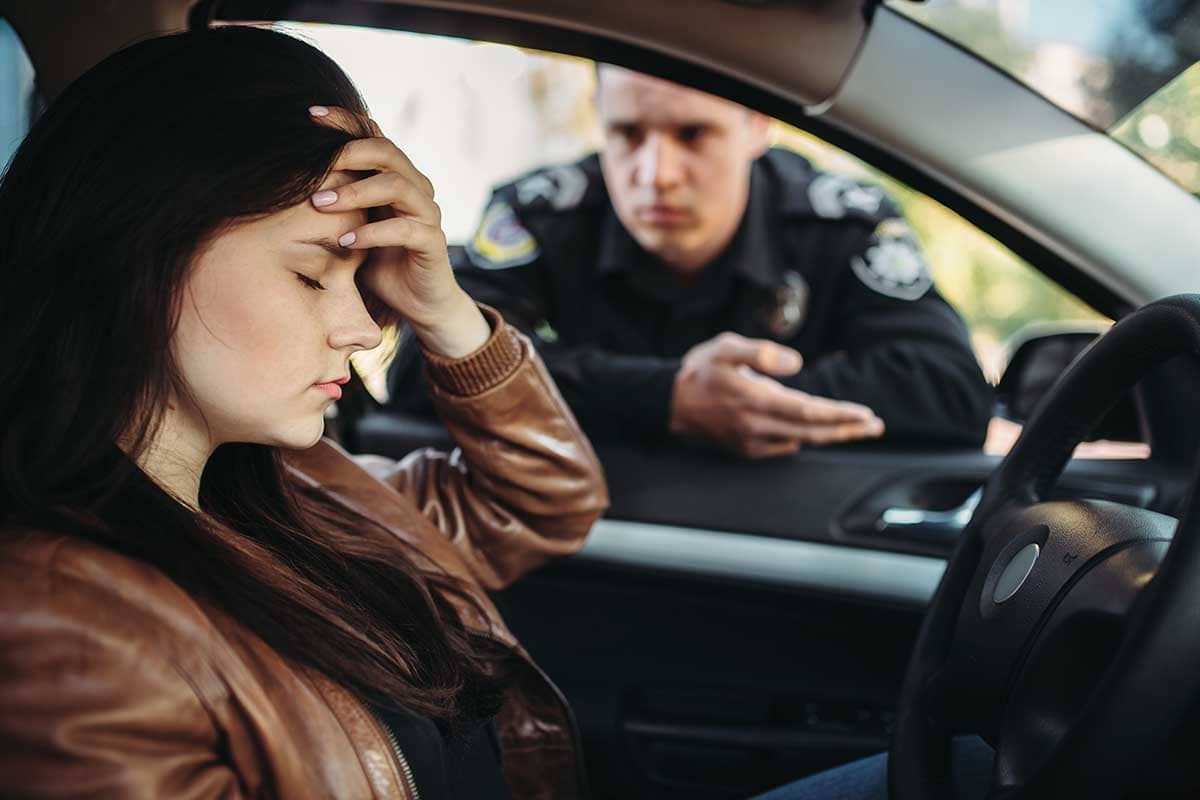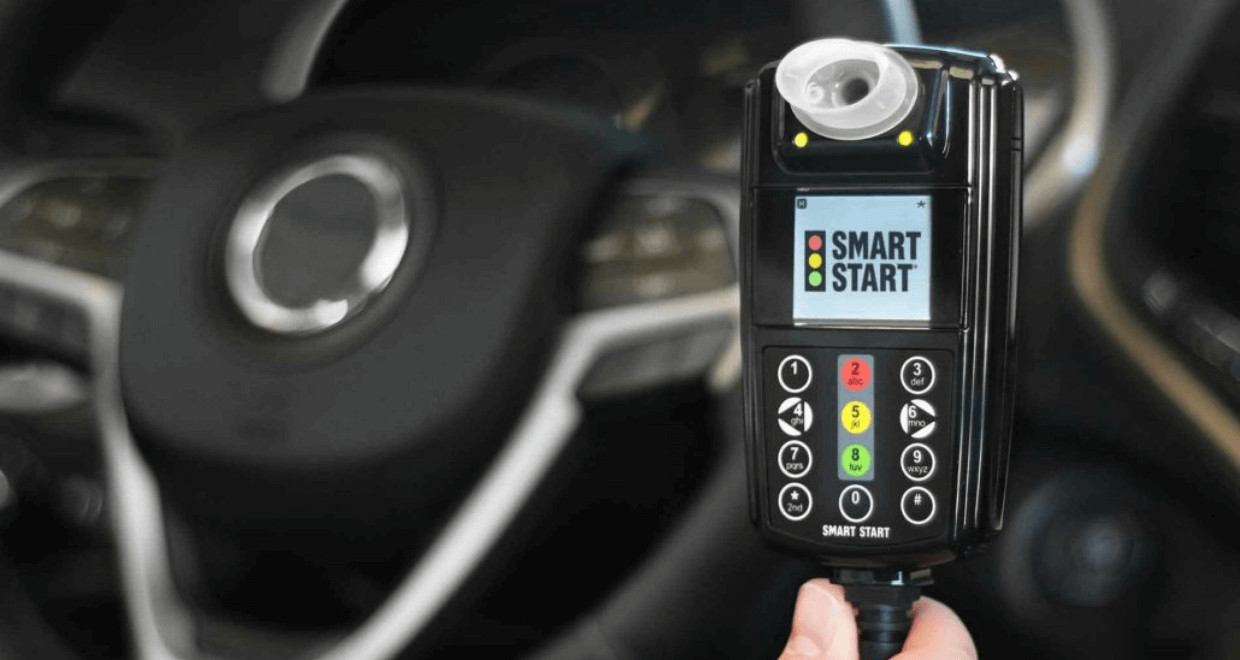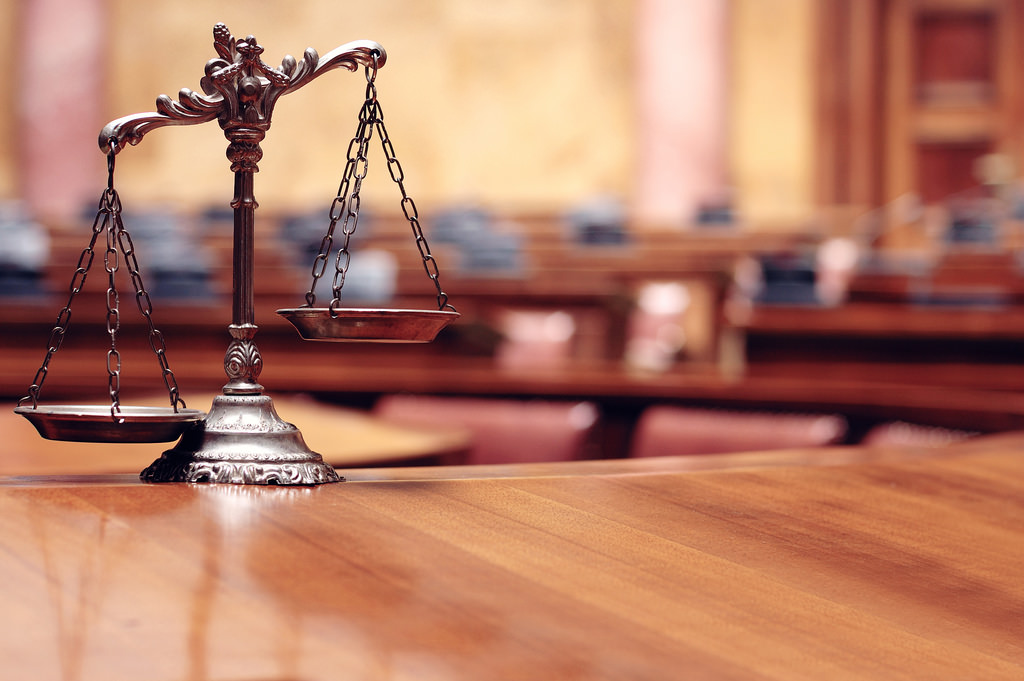What happens when you get a DWI is a question most people hope they never have to ask—but for thousands each year, it’s suddenly very real. One moment you’re driving home from dinner or a friend’s house, and the next, flashing lights appear behind you. Maybe you thought you were okay to drive. Maybe you made a miscalculation. Either way, once that traffic stop turns into a DWI arrest, your world shifts in ways you likely never imagined.
This guide breaks down exactly what happens from the moment you’re pulled over to the long-term effects a DWI can have on your record, your wallet, and your future. We’re not sugarcoating it, but we are going to explain it in plain English, using real-world examples and practical insights so you’re not left in the dark.
Whether you’re dealing with your first DWI or supporting someone who is, this step-by-step journey through consequences, court, and costs will help you understand exactly what to expect.

The Traffic Stop: When the DWI Process Begins
What happens when you get a DWI starts with a simple traffic stop. Police may pull you over for something as minor as swerving, a busted taillight, or rolling through a stop sign. From there, the officer observes your behavior—slurred speech, bloodshot eyes, slow reaction time. If they suspect impairment, they’ll ask you to perform field sobriety tests and possibly a breathalyzer.
Refusing the Breath Test: Your First Major Decision
Texas, like many states, has an “implied consent” law. That means by driving on public roads, you’ve already agreed to chemical testing if you’re suspected of DWI. If you refuse, what happens when you get a DWI just got worse. You’ll likely face automatic license suspension, even if you’re never convicted of the DWI.
Real story: Jason, a 34-year-old engineer in Austin, refused the breath test thinking it would help his case. Instead, he lost his license for 180 days—even though he was later found not guilty. This is a hard lesson many drivers learn too late.
The Arrest: What to Expect After Failing a DWI Test
If the officer determines probable cause, you’ll be arrested on the spot. You’ll be handcuffed, placed in the back of a patrol car, and taken to a police station or county jail for processing. This is where things start to feel very real.
Booking and Bail
During booking, they’ll fingerprint you, take your mugshot, and record your charges. You might be held until you can post bail or appear before a magistrate judge. Bail can range from a few hundred to several thousand dollars depending on the severity of your offense and whether you’ve had previous arrests.
Temporary License Suspension
Right after arrest, the officer will confiscate your license and issue a temporary driving permit (Form DIC-25 in Texas). This is valid for 40 days—or until your administrative hearing. If you don’t request a hearing within 15 days, you lose the right to contest your license suspension.
Understanding this timeline is critical because what happens when you get a DWI isn’t just about court dates—it’s also about preserving your driving privileges and knowing your deadlines.
The Administrative License Revocation (ALR) Hearing
This hearing is separate from your criminal case. It’s where the Department of Public Safety (DPS) determines whether your license should be suspended based on the arrest alone.
You or your attorney can cross-examine the arresting officer, challenge the validity of the stop, and present evidence. If you win, your license remains active. If you lose, expect a suspension ranging from 90 days (if you failed a test) to 180 days or more (if you refused).
Real Case Insight
In one case out of Dallas, a woman’s DWI arrest was dismissed in criminal court due to lack of evidence. But because she missed the ALR hearing deadline, her license was still suspended. That’s why what happens when you get a DWI often depends on multiple moving parts—not just the courtroom.
The Criminal Case: Arraignment to Trial
Once charges are filed, you’ll attend an arraignment where you plead guilty, not guilty, or no contest. From there, your case follows one of several paths:
Plea Bargain
In many first-time DWI cases, prosecutors offer a plea deal. You plead to a lesser offense—like obstruction of a roadway or reckless driving—in exchange for avoiding a trial or harsher penalties.
This route has pros and cons. On one hand, it can reduce fines, jail time, and keep a DWI off your criminal record. On the other hand, it may still come with license suspension and court fees. Discussing this with a DWI attorney is critical.

Going to Trial
If you plead not guilty and decline a plea, your case may go to trial. This is a high-stakes route where your attorney can challenge:
- The reason for the stop
- The field sobriety tests
- The accuracy of the breathalyzer or blood test
- The officer’s observations or credibility
Trials can end in acquittal, but they also carry the risk of full conviction. It’s important to weigh your options carefully.
Consequences of a DWI Conviction
Now let’s get into the heart of what happens when you get a DWI—the aftermath. Here are the penalties you may face if convicted in Texas.
First-Offense DWI (Class B Misdemeanor)
- Jail time: 72 hours to 180 days
- Fine: Up to $2,000
- License suspension: 90 days to 1 year
- DWI education program required
- Annual surcharge (Driver Responsibility Fee)
With Aggravating Factors (BAC of 0.15+)
- Upgraded to Class A misdemeanor
- Fine up to $4,000
- Jail time up to 1 year
- Extended license suspension
Second and Third Offenses
- Mandatory jail time
- Permanent criminal record
- Longer license suspensions
- Potential felony charges for a third offense
- Ignition interlock devices

If there was a child passenger, accident, or serious bodily injury, the charge may be enhanced to a felony—even for first-time offenders.
The Financial Impact: Hidden Costs of a DWI
When people ask what happens when you get a DWI, they often focus on the legal penalties. But the financial fallout runs much deeper.
Here’s a sample breakdown of potential costs:
- Bail: $500–$5,000
- Towing and impound: $150–$300
- Attorney fees: $2,000–$10,000+
- Court fines: $500–$2,000
- DWI education class: $70–$150
- Ignition interlock device: $70/month
- Insurance premium increases: $1,000–$3,000/year
Total? Easily $10,000–$15,000 over time—even for a first offense.
Long-Term Consequences of a DWI Conviction
Employment and Background Checks
A DWI shows up on criminal background checks and may disqualify you from jobs, especially if they involve driving, government clearance, or financial accountability. Even jobs unrelated to driving may question your judgment or reliability based on a DWI mark on your record.
Professional Licensing
Doctors, teachers, nurses, and other licensed professionals could face disciplinary actions from licensing boards. In some cases, they may be required to report the offense, attend hearings, or face license suspension or revocation.
Housing and Loan Applications
A criminal record can affect rental housing and mortgage approval. Some landlords and lenders see a DWI as a red flag for reliability. It may lead to higher deposits, interest rates, or outright denial of an application.
Immigration Status
Non-citizens may face visa issues or complications with immigration applications due to a DWI conviction, especially if it’s a felony or involves drugs. Even lawful permanent residents can be subjected to additional scrutiny or inadmissibility under certain circumstances.
This is why what happens when you get a DWI doesn’t end in court—it lingers in every area of your life.
Its ripple effects can damage your personal, professional, and financial standing for years beyond the final court date.
Can You Avoid a Conviction? Exploring Legal Options
Thankfully, not every DWI arrest results in a conviction. Here’s how a strong defense might help:
Dismissal of Charges
- Invalid traffic stop
- Faulty equipment
- Mishandled blood samples
- Officer misconduct
Reduction to Lesser Offense
- Wet reckless
- Obstruction of roadway
- Deferred adjudication
Pretrial Diversion (Rare)
Some jurisdictions offer diversion programs that allow first-time offenders to avoid conviction after completing education, treatment, and probation requirements. These programs aim to rehabilitate rather than punish, providing a second chance for those willing to comply with strict conditions.
These options are highly dependent on jurisdiction, the facts of your case, and whether you’re working with an experienced DWI attorney. Courts typically reserve them for non-violent offenders who show genuine remorse and a willingness to avoid future violations.

Next Steps After a Texas DWI: Why Your Response Matters
There’s no sugarcoating it—what happens when you get a DWI can feel like a nightmare. From the moment you’re pulled over to months (or years) of dealing with the fallout, it touches every part of your life. But that doesn’t mean you’re out of options.
How you respond in those first hours and days makes all the difference. Consulting with an attorney, attending your hearings, completing your requirements, and learning from the experience can help you recover—and prevent future mistakes.
Getting a DWI is serious. But it’s also survivable—with the right knowledge, legal help, and a commitment to moving forward.

